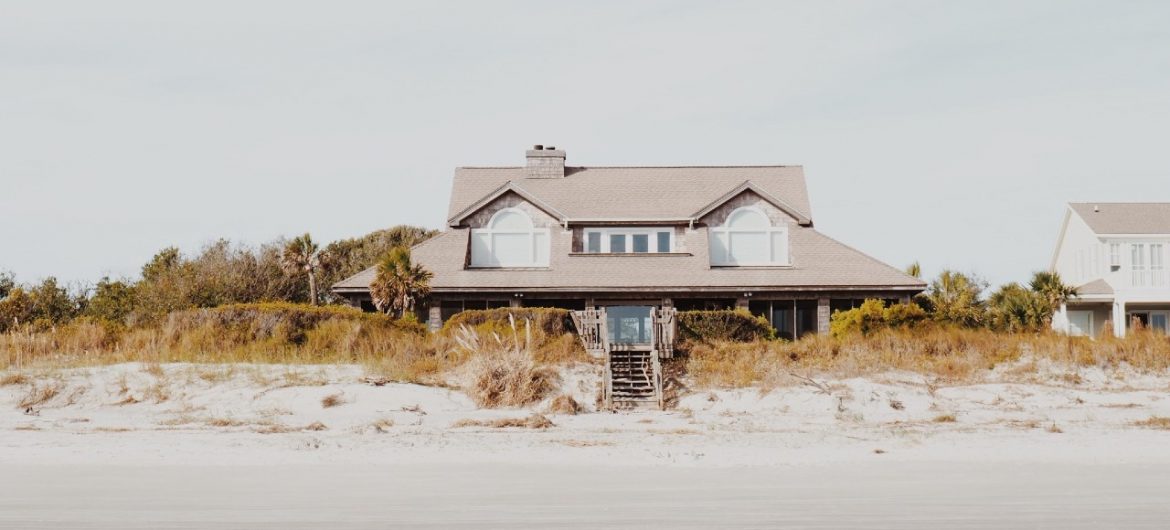A bright spot in travel has been the robust demand for vacation rentals, especially in leisure destinations. Occupancy rates and prices are up compared to a year ago. It has sparked conversations about the future of hotels.
The pandemic has shifted the types of accommodations travelers want, even within the hotel category. Hotel properties that are designed more like short term rentals are faring much better.
While Marriott, Hyatt and Hilton have reported a huge drop in profits, the extended stay hotel segment is outperforming. Marriott’s second quarter earnings showed Residence Inn had the highest occupancy rate among its brands, of around 40%, outpacing Courtyard (18%) and The Ritz-Carlton (8%).
CNBC reported that shares of Extended Stay America has outperformed other hotel stocks, up 90% from the mid-March lows. The company reported that 84% of guests who stayed at their properties used the kitchen, a popular amenity during Covid-19.
Bruce Haas, CEO and President of Extended Stay America, shared the thinking behind this lodging trend:
Lot of times when there’s disruption in people’s lives, that changes their need for accommodation. So you know people lose their jobs, they may have to relocate, they may have housing issues, so we usually find that when there is disruption in people’s lives, that does create extended stay opportunities.
Expedia CEO Peter Kern told analysts that he doesn’t see much change in travel behavior.
I don’t think we’ve seen anything to suggest that people’s travel behavior will materially change. We are getting a lot of people experimenting with and hopefully being very happy and satisfied with the alternative accommodation experience and in particular for us, Vrbo’s main emphasis on the whole home.
Others believe the types of accommodations travelers desire will evolve. Chris Hemmeter, managing director of Thayer Venture and a Sonder investor, is bullish on private accommodations:
A lot of travelers did not book vacation rental assets because of a lack of reliability; they did not know what they were going to get but in lot of ways assets are superior to hotels.
Even today you can’t book connecting hotel rooms, there’s no guarantee you’ll get it. Part of our thesis when we invested in Sonder was that that lack of brand standards was an untapped opportunity.
Very few believe hotels will go away.
“Hotels are not going away,” Booking Holdings CEO Glenn Fogel recently said on CNBC. “We’ve seen this trend for a long time of more and more people interested in alternative accommodations, which is why we’ve gone out and got more supply in that area, because we’re realizing people are seeing that as an attractive alternative. Certainly the pandemic accelerated that trend … but after the pandemic, you may have people saying, ‘I’m going back to doing it the way I used to do,’” Fogel said.
Kern sees the higher demand for vacation rentals as temporary.
It (the pandemic) may make them open to things they weren’t open to before. But I don’t think we’re seeing some structural shift in people’s views about hotels or other things. It’s just a moment. And it’s just about their comfort and their safety and what they’re able to do.
Possibly.
Hotels will appeal to certain travelers while vacation rentals will appeal to others. The location (and its supply) and the type of trip could impact the choice. What the pandemic has done is increase the profile of vacation rentals and attract more first-time renters.
How these travelers feel about their vacation rental experiences will determine how successful these accommodations will be as they compete with hotels for mindshare in the future. If vacation rentals deliver a satisfying experience and boost travelers’ confidence in alternative accommodations, then they could see a larger share of the lodging market post-pandemic.






Well who would not want a cheaper good rental home for vacation? It cuts the expenses to a big fold but yes, sadly for the hospitality industry this is a trend that is slowly setting that might put them in a not so good business situation